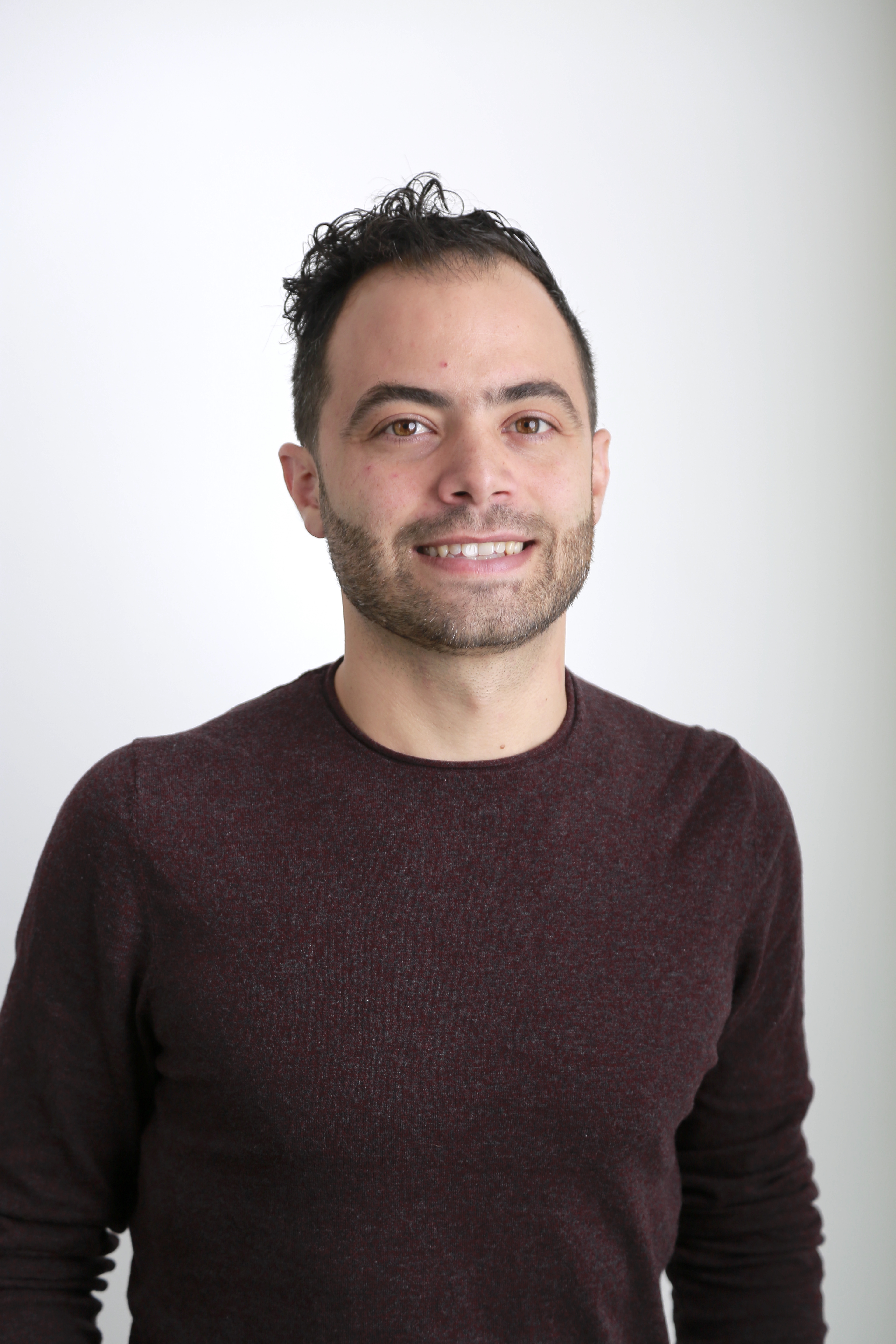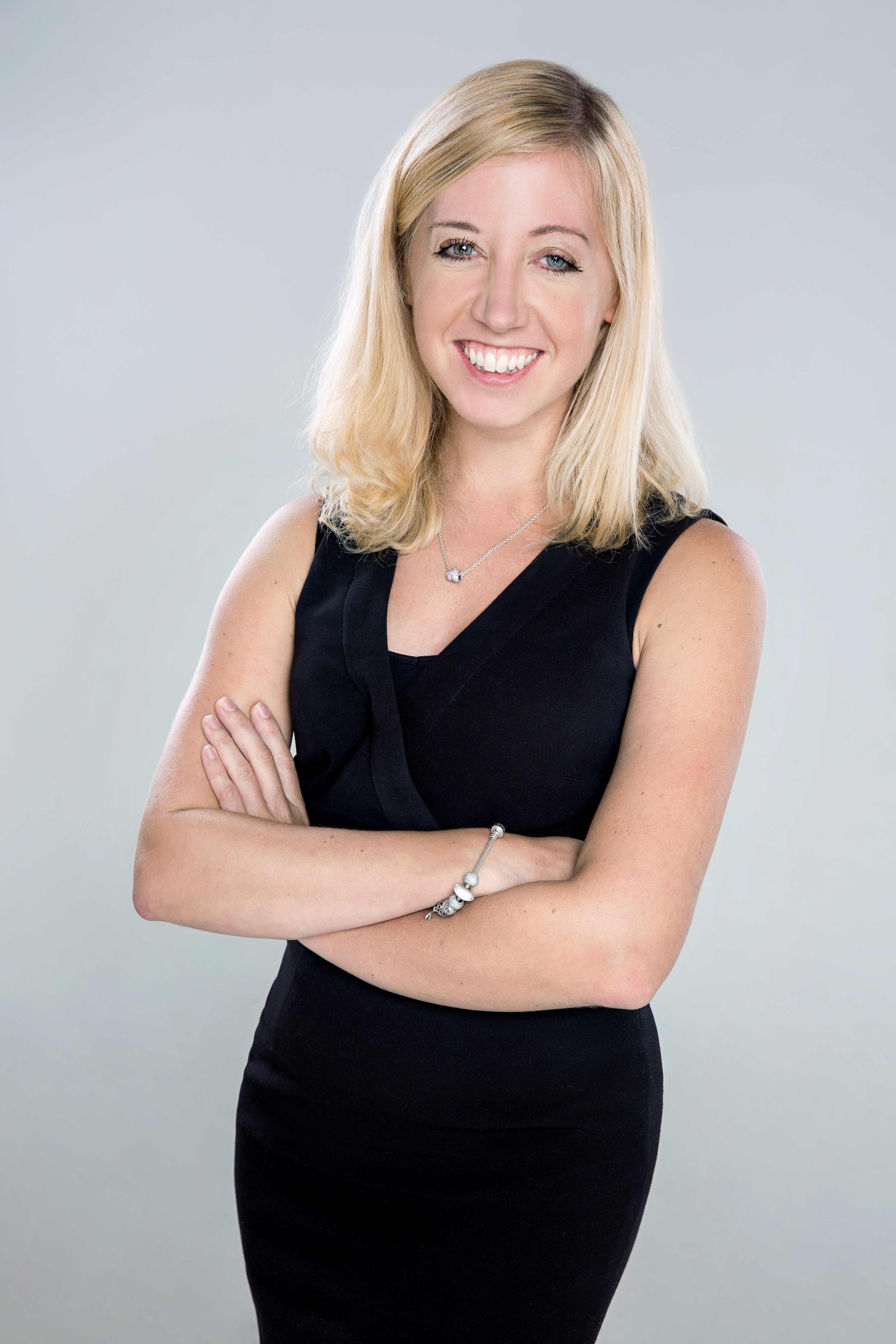Listen to the article
Podcasting in the Middle East is on the rise. ArabAd asks why and looks at what it will take for brand engagement to shine.
“Knowing what’s old is new again in marketing,” says Anis Zantout. “Nowhere is this more true than with radio and podcasts.” The regional digital director at FP7 McCann is discussing the popularity of podcasts – those “next-generation reincarnations of radio” that enable people to “granularly tune in to audio-on-demand topics of interest”. Topics that help you “feel connected, zone into a quite space, and focus on receiving information in an entertaining way”. Zantout is not alone in his appraisal.
For Ramsey Tesdell, the executive director of Amman-based Sowt, podcasts are a world unto themselves. They are intimate and engaging, an escape from the world around us, and a screen-less alternative to our doomscrolling on mobile phones. For Cheryl King, the managing director of Markettiers MENA, they are a great way to “connect with target audiences in a very natural and authentic way”. For Bella Ibrahim, marketing director at Kerning Cultures, the region’s first venture-backed, female-led podcast platform, they provide the opportunity to produce “stories that capture the heart of our region”.
“Mainstream media doesn’t do a good job of representing the region’s youth, and so we’re filling that gap through our storytelling,” says Ibrahim. “We really look for stories that we see ourselves in, that we find ourselves retelling to friends and family at gatherings. From having conversations around mental health on Jasadi, to partnering with Egychology’s Ahmed Samir on his premier podcast, we’re exploring every genre.”
Welcome to the world of podcasting. Informed, meaningful, addictive and entertaining, podcasts have rapidly grown in popularity over the course of the past few years and show no sign of slowing down. They have enabled more immersive storytelling, led to the creation of hit TV shows, and made household names of podcasters such as Sarah Koenig (Serial, This American Life) and Brian Reed (S-Town). They are also convenient, accessible, and trusted.
Last year, Markettiers MENA released a study of podcast consumption in Saudi Arabia that revealed trust in podcasts stood at 93 per cent. This compared with 87 per cent for online news and media outlets and 74 per cent for social media.
The study also revealed that 15 per cent of the country’s population (5.1 million people) listened to a podcast at least once a week, placing it on par with the UAE, where 16 per cent of the population (1.5 million) regularly tunes in. Of those listeners, the majority are women, with nearly one in four tuning in at least once a week.
“The challenges are primarily based around validating the reach and efficacy of podcasts.”--Anis Zantout, regional digital director, FP7 McCann
These consumers are attractive to brands. The Markettiers report noted the higher spending power of regular listeners, who tended to be more affluent and spend on average 17 per cent more on food and drink than their non-podcast listeners and 19 per cent more on travel. Zantout also notes their potential allure to brands when discussing two Kerning Cultures shows – Jasadi and B’Hob. “The majority of listeners for both of these shows are in Saudi Arabia, followed by the UAE and Egypt, and most of them have a bachelor’s degree or higher, 84 per cent are between 18 and 45, and 65 per cent are Netflix customers,” he says.
And yet podcasts have remained strangely absent from regional marketing strategies. Why? Well, the answer lies in ignorance of the medium and fear of the unknown. There’s also the misconception that podcasts are not as sensory or immersive as TV or film, says Ibrahim, simply because they are audio only. “That couldn’t be more false,” she insists. “As a listener, experiencing a story as it unfolds directly into your ears is so immersive, and often times, very intimate. You feel as though you’re right there, in the heart of the story. As a content creator, you leave so much more up to the listener’s imagination, they become an active participant in the content.”
Brands are no strangers to podcasts, of course. They have been dipping their toes into the market for years, often through sponsorships or advertising within particular shows. Companies are also producing their own branded podcasts. These are being created by producers such as Sowt, which works with the likes of Facebook, Kiri, Spotify/Gimlet, Vice, and Deezer to ‘produce high quality and engaging content’. “We manage the creative, the production, the publishing and outreach for these shows,” says Tesdell. “We also work with mainstream media organisations and produce some of their flagship podcasts.”
“Podcasts are a world unto themselves. They are intimate and engaging, an escape from the world around us.”--Ramsey Tesdell, executive director, Sowt
Is such brand involvement worthwhile? Yes, according to the Markettiers report, which found that 86 per cent of listeners tuned in to brand-funded podcasts. In addition, 29 per cent of listeners said they ‘always listen’ to brand-funded podcasts and over half said they ‘sometimes’ listened. Earlier surveys back this up. In 2019, a Spotify For Brands report stated that 81 per cent of podcast listeners had taken action as a result of listening to audio ads during a podcast. Kantar also found that podcast listeners are more receptive to brand messaging than most media – second only to influencer-endorsed branded content.
“Brands having their own podcasts provides the opportunity for them to tell their own story,” says King. “This isn’t about being overtly commercial, as this often puts listeners off, but it does provide a platform to communicate the messaging in a subtle way. Often the most successful brand-funded podcasts are one’s rooted in storytelling – whereby they build an emotional and human connection between brand and listener.”
This is easier said than done, but if a brand gets it right the potential results are huge. As Ibrahim states, podcast listeners will spend 20 to 45 minutes of their time singularly engaged in a podcast episode. “That is an incredibly powerful place for brands to live,” she says. “We especially like it when brands artfully align themselves with an entire series – there is more space within the long-form to bring the brand to the fore through scriptwriting, dedicated episodes, and more.”
“Mainstream media doesn’t do a good job of representing the region’s youth, and so we’re filling that gap through our storytelling.”—Bella Ibrahim, marketing director, Kerning Cultures
Brands and their agencies have to get this right, but more so podcasters. Kerning Cultures’ revenue model is built on engagement with brands. That means branded content, podcast advertising, show or episode sponsorship, and consultation and training for brands. The same is true of Sowt and other producers, including Rising Giants Network and Finyal Media, both of whom are based in Dubai. In short, these companies’ long-term sustainability depends on hitting the brand engagement nail on the head.
“You are not an accidental listener when you listen to a podcast, you listen based on your interest,” says King. “So with that in mind, everyone listening to your podcast will have some form of interest in your subject matter, so as a brand you are already speaking to people with an interest in that topic. The key is then to turn these listeners into a community that you can build and grow, and ultimately they then become your brand advocates. The opportunity then to mobilise a behaviour is significant.”
For this to succeed, certain challenges have to be overcome. For Zantout, those challenges are primarily based around validating the reach and efficacy of podcasts. In addition, the audio ecosystem is beginning to fragment, especially with the arrival of Twitter Spaces and the social audio app Clubhouse. As such, there is still a long way to go in educating the market on the value of podcasts.
That’s why Kerning Cultures has sought to raise awareness of its value by hosting roadshows and workshops and sharing proven case studies with brands. Value that, according to Ibrahim, lies in “an exciting, currently unsaturated space to reach young, educated, affluent consumers across the region”. The company is also striving to create story-driven and subtle podcast advertising that is “even more impactful amongst audiences”.
“Brands having their own podcasts provides the opportunity for them to tell their own story.” --Cheryl King, managing director, Markettiers MENA
For King, the main challenge lies in ensuring brands’ involvement sounds natural and authentic. “It cannot sound forced or contrived,” she says. “But whilst I think there are many brands that show a level of bravery when it comes to the production, many brands don’t show that same level of bravery when it comes to the promotion and distribution. You can have the greatest content in the world but if you don’t tell people about it, how will they know it exists? So brands need to ensure they have a solid promotional plan, which includes digital spend, as well as a solid production plan before they start.
“Ultimately, this goes back to what the business outcome is for the podcast in the first place. How is the brand evaluating and measuring the success of this? Is it via mass awareness? Streams, likes, reviews, downloads? Or are they trying to change perceptions or win digital share of voice? Once you know what is trying to be done, the promotional strategy can then speak to this, so that the business outcomes of the podcast remain front of mind.”



















